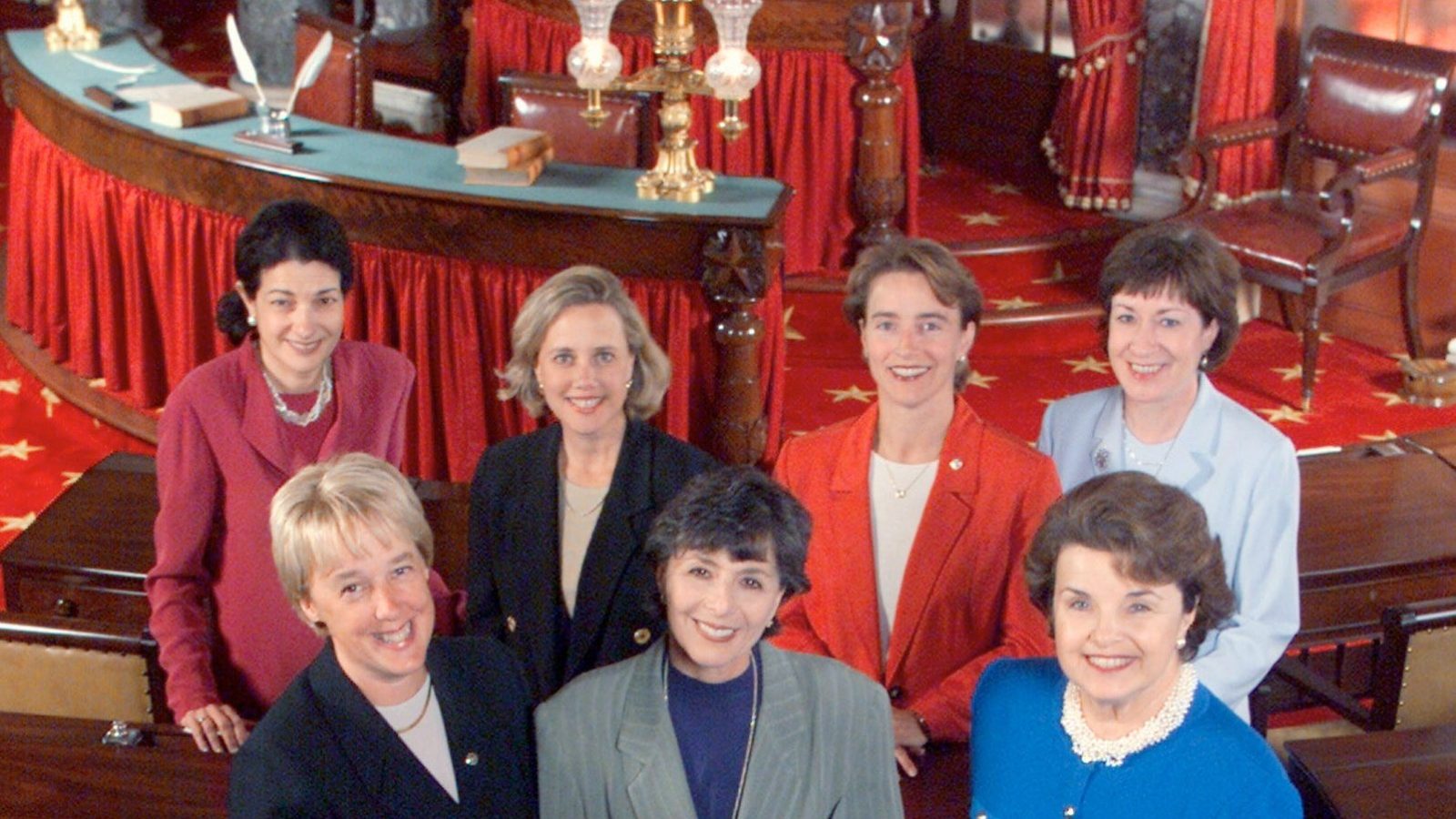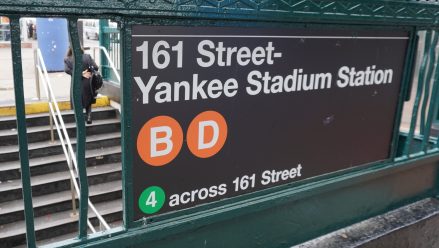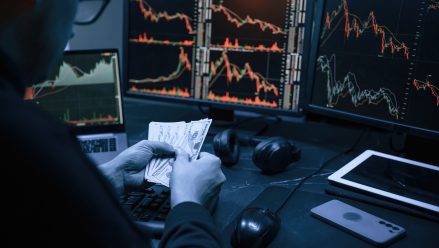Former Sen. Blanche Lincoln — the architect of the Dodd-Frank Act turned lobbyist — argued the federal commodities regulation regime is “under threat” from states’ efforts to ban prediction markets in testimony filed to the Commodity Futures Trading Commission (CFTC) Friday.
However, at least one part of the former Arkansas senator’s testimony appeared to misrepresent elements of the laws she helped to write.
Lincoln provided her testimony as part of the comments on the CFTC’s Prediction Markets Roundtable, an event that was meant to take place on 30 April but has been indefinitely shelved.
She cited her experience as a former chairwoman of the Senate Agriculture Committee, where she was a “primary author” of the Dodd-Frank Act, which included a number of reforms to securities laws following the Global Financial Crisis. Those amendments included changes to the Commodity Exchange Act, such as the “Special rule for review and approval of event contracts and swaps contracts,” which concerns contracts that involve terrorism, assassination, war, or gaming. Lincoln is generally credited as the author of the special rule.
After leaving the Senate in 2011, Lincoln founded lobbying organization Lincoln Policy Group. In 2024, she was registered as a lobbyist for Kalshi.
‘Under threat’
Lincoln warned that allowing states to block prediction markets — states such as Nevada, New Jersey, and Maryland have issued cease-and-desist orders against Kalshi for offering event contracts on sports — could threaten the post-Global Financial Crisis commodities regulation regime that she helped to build.
“As lawmakers, we realized we had to establish a robust regulatory framework that would restore confidence in derivatives markets that had been deeply diminished by the collapse of Wall Street and the Great Recession in 2008,” she wrote. “Key tenets of that framework are that the same rules apply to everyone and only the U.S. Commodity and Futures Trading Commission gets to decide which futures contracts should be prohibited.
“I have great concern this system is under threat by some recent states’ efforts to block prediction markets — federally regulated futures contracts that traders use to predict the outcomes of closely watched events.”
What does the law say?
However, some of her words in the letter did not seem to match up with the contents of the Dodd-Frank Act.
The former senator wrote, “Under Dodd-Frank, lawmakers gave the CFTC authority to prohibit contracts, but only if it determines that the contracts have no commercial utility.”
This does not appear to be reflected in the actual words of the law.
While commercial utility is a key factor in determining whether a contract can be defined as a swap, and while there is a legal argument that the CFTC is not required to prohibit any type of swap, the law clearly cites cases where the CFTC at least has the option to prohibit swap contracts.
The “Special Rule” states that the CFTC “may determine” that contracts involving terrorism, assassination, war, or gaming are against the public interest. It then goes on to say, “No agreement, contract, or transaction determined by the Commission to be contrary to the public interest under clause (i) may be listed or made available for clearing or trading on or through a registered entity.” It also lays out provisions for the CFTC to review and “take final action” if it determines a contract is against the public interest.
Some experts disagree about whether this represents a total ban on gaming-related contracts or if it leaves their status at the discretion of the CFTC. There are further disagreements about what is or isn’t gaming. However, there does not appear to be a legal argument that states the CFTC’s hands are tied if a contract has a commercial use.
Kalshi, when arguing in court, has instead focused on the argument that the CFTC doesn’t have to ban gaming contracts. In fact, before the U.S. District Court for the District of Maryland, Kalshi argued Congress “delegated to the CFTC — not 50 separate states — the authority to approve or reject these contracts after public-interest review.” In the same filing, it went on to argue that “Section 40.11(c) gives the CFTC discretion to approve such contracts on a case-by-case basis.” Both statements suggest Kalshi understands the CFTC would be allowed to prohibit certain commercially useful contracts if it wanted to.
Lincoln herself apparently interpreted the law differently in 2010, when it was written. On the Senate floor she noted that events involving national security threats could simultaneously “pose a real commercial risk to many businesses in America” and “be contrary to the public interest.”
In practice, though, the CFTC has certainly acted as if no commercially useful contracts should be banned. In its 50-year history, the regulator has never blocked a contract from being offered.
A representative of Lincoln Policy Group did not respond Friday afternoon to InGame’s request for clarity on what part of the law Lincoln was referring to.
Lincoln’s words cited by Kalshi opponents
Regardless of the question of commercial utility, Lincoln’s testimony in favor of sports event contracts may be valuable, as her words on the Senate floor had previously been used by opponents of the contracts. In an Amicus Brief in the Maryland court case, a group of 27 federally recognized tribes and seven tribal associations cited Lincoln in their argument that sports event contracts should not be allowed.
During a 2010 Senate colloquy, Lincoln said: “It would be quite easy to construct an ‘event contract’ around sporting events such as the Super Bowl, the Kentucky Derby, and Masters Golf Tournament. These types of contracts would not serve any real commercial purpose. Rather, they would be used solely for gambling.”
Lincoln appears to have changed her tune on at least one of those events, as in her testimony she specifically cited the Super Bowl as an example of events that “have strong commercial value because they have major impacts on advertising, apparel sales and the hospitality industry to name a few.”





